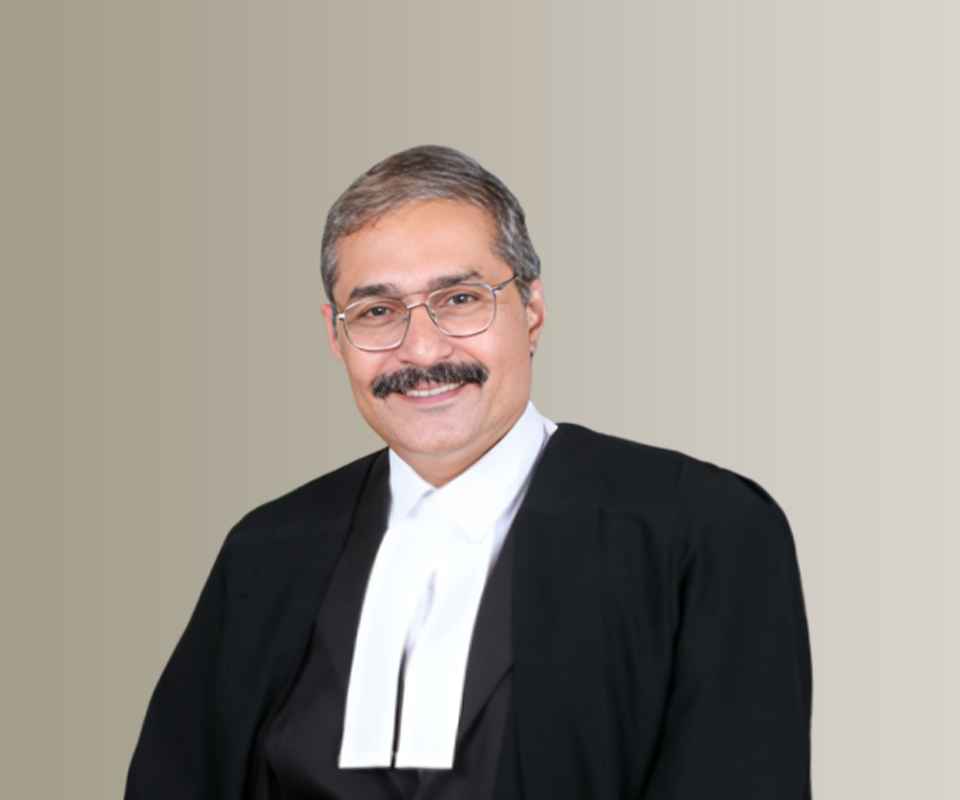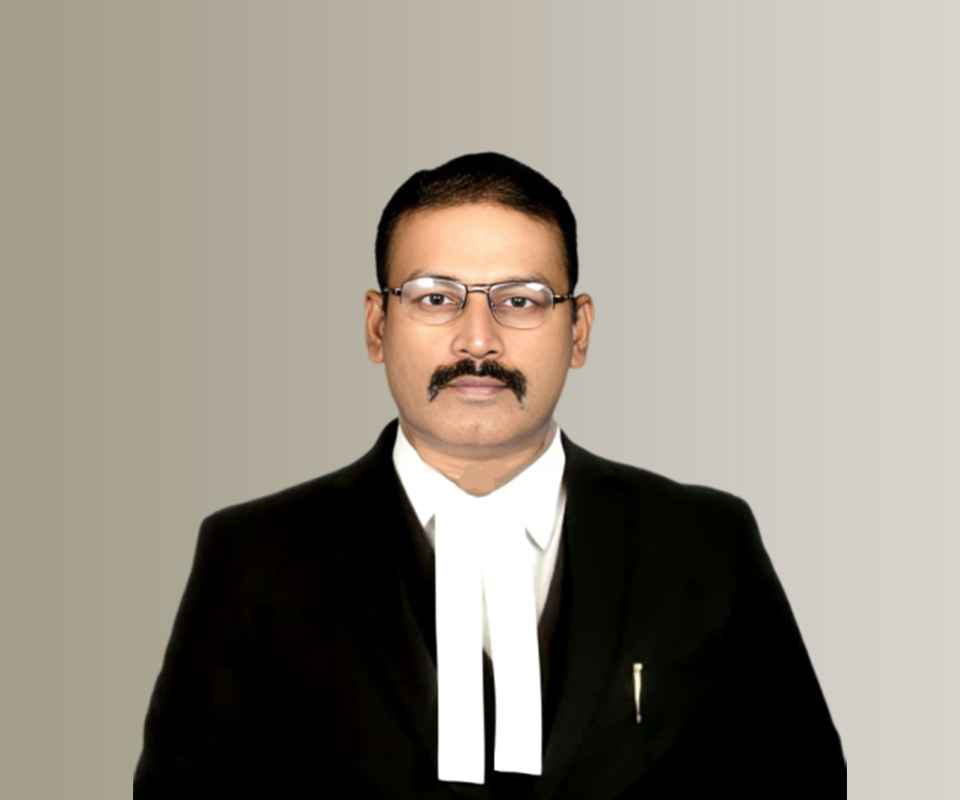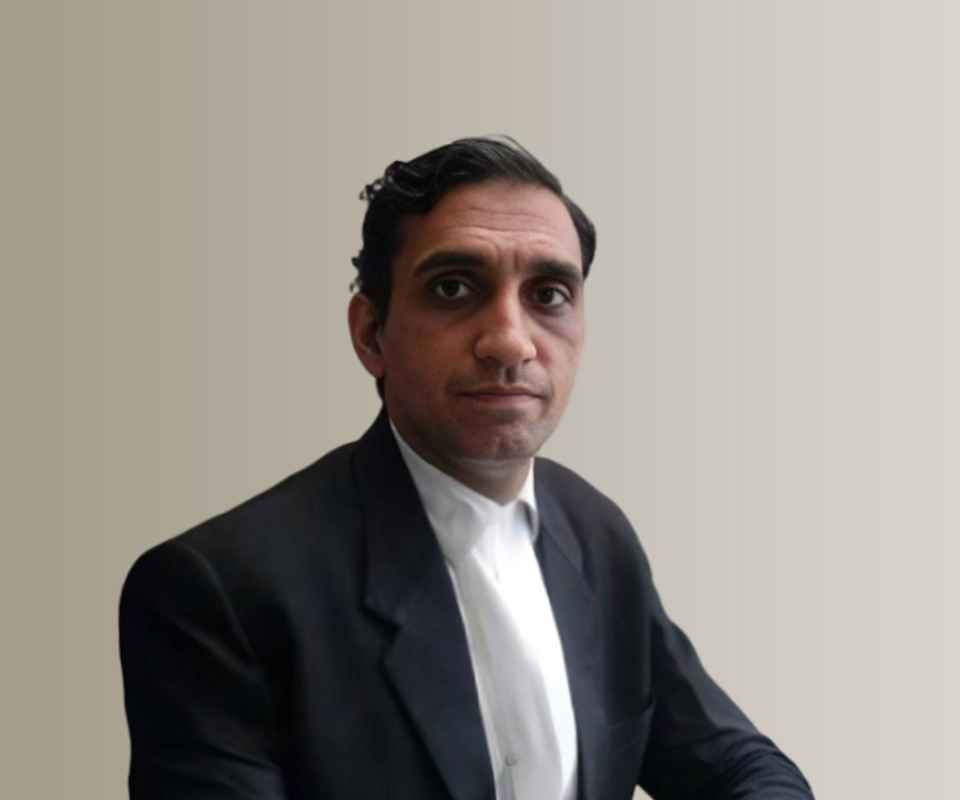Answer By law4u team
In India, LGBTQ+ couples face significant legal hurdles when seeking IVF (In Vitro Fertilization) and surrogacy services, as existing laws primarily cater to heterosexual couples. The Assisted Reproductive Technology (ART) Bill, which addresses the regulation of IVF treatments, does not explicitly mention LGBTQ+ rights, and the Surrogacy (Regulation) Act, 2021 restricts surrogacy services to heterosexual married couples. However, there are ongoing debates and calls for legal reforms to ensure equal reproductive rights for same-sex couples and single individuals.
Are LGBTQ+ Couples Eligible for IVF/Surrogacy Under Indian Law?
IVF (In Vitro Fertilization) and ART (Assisted Reproductive Technology):
IVF treatments are available to heterosexual couples in India under the Assisted Reproductive Technology (ART) Regulation Bill, 2020, which governs ART services like IVF, egg/sperm donation, and embryo storage. However, LGBTQ+ couples are not specifically mentioned in the bill, creating uncertainty around their access to ART.
LGBTQ+ individuals and couples are often able to access IVF treatments, provided they are able to find a fertility clinic willing to treat them. Clinics may require a legal framework or medical evidence that suggests they are a legally recognized couple, but there is no clear, nationwide law specifically allowing or preventing same-sex couples from accessing IVF services.
For single LGBTQ+ individuals, IVF is available, but they often face social stigma or legal challenges, particularly in terms of donor sperm/eggs and embryo storage, as laws in India can be restrictive for individuals outside of married couples.
Surrogacy:
The Surrogacy (Regulation) Act, 2021, allows surrogacy services only to heterosexual married couples who have been married for at least five years and meet specific conditions, such as being childless. This law explicitly excludes same-sex couples and single individuals from being eligible to use a surrogate.
LGBTQ+ couples, especially same-sex couples, are thus not legally allowed to access surrogacy services under the current legal framework in India. This restriction has been criticized by activists advocating for equal reproductive rights for LGBTQ+ individuals and couples.
Single LGBTQ+ individuals are also excluded from the surrogacy framework unless they are part of a heterosexual marriage, leaving a significant gap in legal protection for those seeking surrogacy as a reproductive option.
Challenges Faced by LGBTQ+ Couples:
Legal Exclusion and Social Stigma:
The legal exclusion of same-sex couples from surrogacy services in India means that LGBTQ+ individuals who wish to start families through surrogacy must often seek surrogacy services abroad, in countries where same-sex marriage and surrogacy for same-sex couples are recognized.
Social stigma and cultural attitudes about LGBTQ+ families also complicate matters. Even when IVF or surrogacy is available, LGBTQ+ couples may face discrimination or challenges in receiving support from fertility clinics or surrogates.
Legal Ambiguity and Parental Rights:
Legal ambiguity surrounding parental rights and custody of children born through surrogacy or IVF can create complications for LGBTQ+ couples. For example, while one partner may be the biological parent of the child, the other may not be recognized as a legal parent, leading to issues regarding legal guardianship and parental rights.
Recent Developments and Calls for Reform:
Advocacy groups for LGBTQ+ rights in India have called for reforms to the Surrogacy (Regulation) Act, 2021 and ART Bill, advocating for the inclusion of same-sex couples and single individuals in reproductive rights laws. They argue that equal access to IVF and surrogacy services is a fundamental right for all individuals, irrespective of their sexual orientation or marital status.
The Transgender Persons (Protection of Rights) Act, 2019 has opened up legal protections for transgender individuals, but there is still a need for comprehensive legal frameworks that allow transgender individuals and same-sex couples to access IVF and surrogacy as viable family planning options.
In 2022, the Delhi High Court issued a notice in response to a petition seeking to allow same-sex couples to adopt children. This reflects a growing legal awareness of the need for inclusive reproductive rights in India, and similar efforts could eventually extend to IVF and surrogacy.
International Perspective:
Several countries such as the United States, Canada, and some European nations have legalized surrogacy for same-sex couples and single parents, acknowledging their reproductive rights. This has led many to argue for the legal recognition of same-sex couples for reproductive technologies like IVF and surrogacy in India as well.
LGBTQ+ advocacy groups in India are lobbying for the decriminalization of same-sex relationships (already achieved with the repeal of Section 377 in 2018) and for comprehensive legal rights that would enable LGBTQ+ couples to access IVF and surrogacy without facing legal or social barriers.
Example:
Case 1: A same-sex couple in India seeks IVF treatment to start a family. While the fertility clinic is open to offering the treatment, the couple faces challenges due to lack of legal clarity in accessing egg/sperm donation services. They eventually pursue IVF in a foreign country that allows same-sex couples to use these services.
Case 2: A transgender man and his partner, a cisgender woman, wish to become parents through surrogacy. They are denied surrogacy services in India under the Surrogacy Act, as the law restricts it to heterosexual married couples. They turn to Thailand, where same-sex couples can access surrogacy services legally.
Conclusion:
Currently, LGBTQ+ couples face significant legal obstacles in accessing both IVF and surrogacy services under Indian law. While IVF may be accessible with some barriers, surrogacy is explicitly restricted to heterosexual married couples under the Surrogacy (Regulation) Act, 2021. There is an increasing demand for legal reforms to ensure that LGBTQ+ couples have equal access to reproductive technologies, including IVF and surrogacy, which would contribute to their right to form families and make decisions about parenthood.







